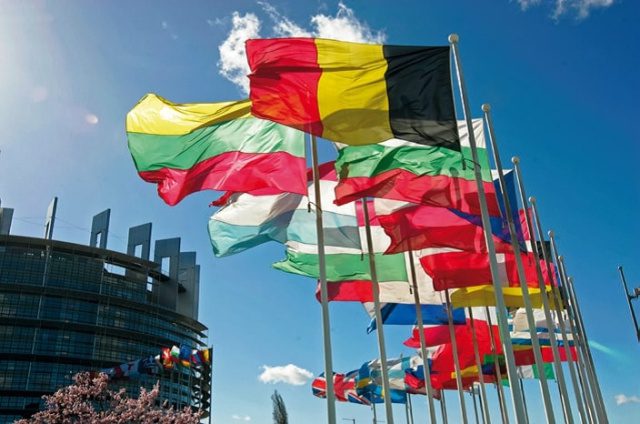
Bulgarian MEPs from all organizations released joint declaration in favour of the entrance to Schengen in connection with today’s impending debate in the European Parliament about the membership of Romania and Bulgaria in the region of Schengen. According to Bulgaria’s MPs in the EP, the ongoing, unprecedented 11-year blockade in the EU Council will not be tolerated anymore.
For the economies and security of Bulgaria and Romania and the EU entirety, control at their internal borders must be removed. The European Commission confirmed in 2011 that both countries were technically prepared to secure their external borders.
Since then, other organizations at the EU level, including the European Parliament, have frequently confirmed this conclusion. The European Parliament insisted in 2018 on the quick removal of border controls with Bulgaria and Romania at the same time on all borders, land, sea, and air in a special resolution inspired by the Stanishev report and supported by all Bulgarian MEPs.
The EC called for the expansion of the Schengen region once more in its annual report on the state of Schengen for 2022, which was released in May, fully admitted by Bulgaria and Romania. The entire EU will benefit from the expansion of the Schengen region, and the external borders will become more robust and resilient.
The Council’s choice is purely political. It hides behind bureaucratic justifications and provides justifications unrelated to border control. Unfortunately, this neglect feeds doubt about EU decision-making despite the two nations’ technical readiness. A further delay would raise the possibility of mistrust in the EU’s commitment to upholding its political obligations.
The countries of Eastern Europe must be granted the eagerly awaited approval for official Schengen membership in these times of inflation, instability in the energy markets and stressed supply chains, the effects of the pandemic and military conflict on the continent, increased migration flows, and prevailing general uncertainty.
